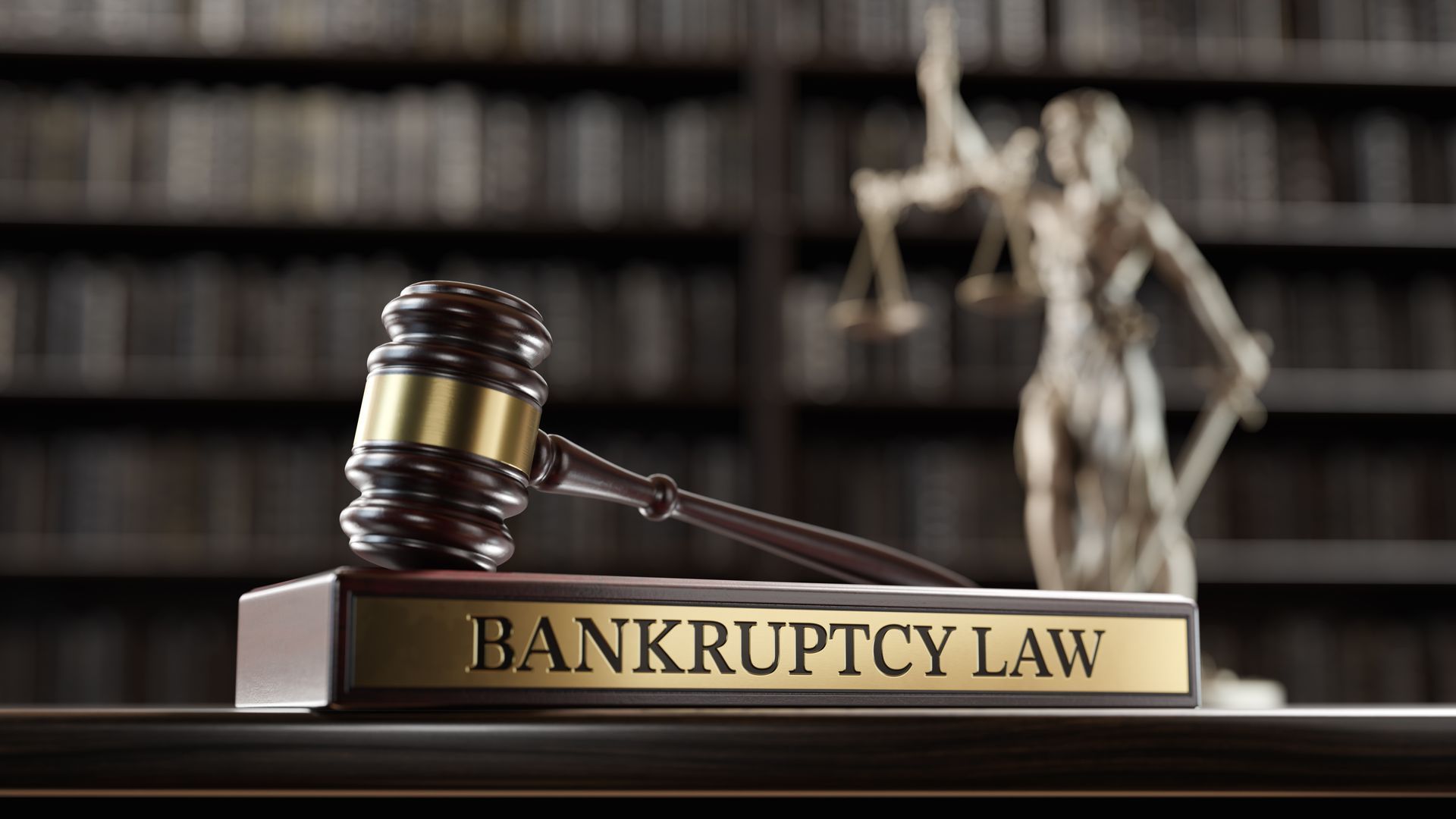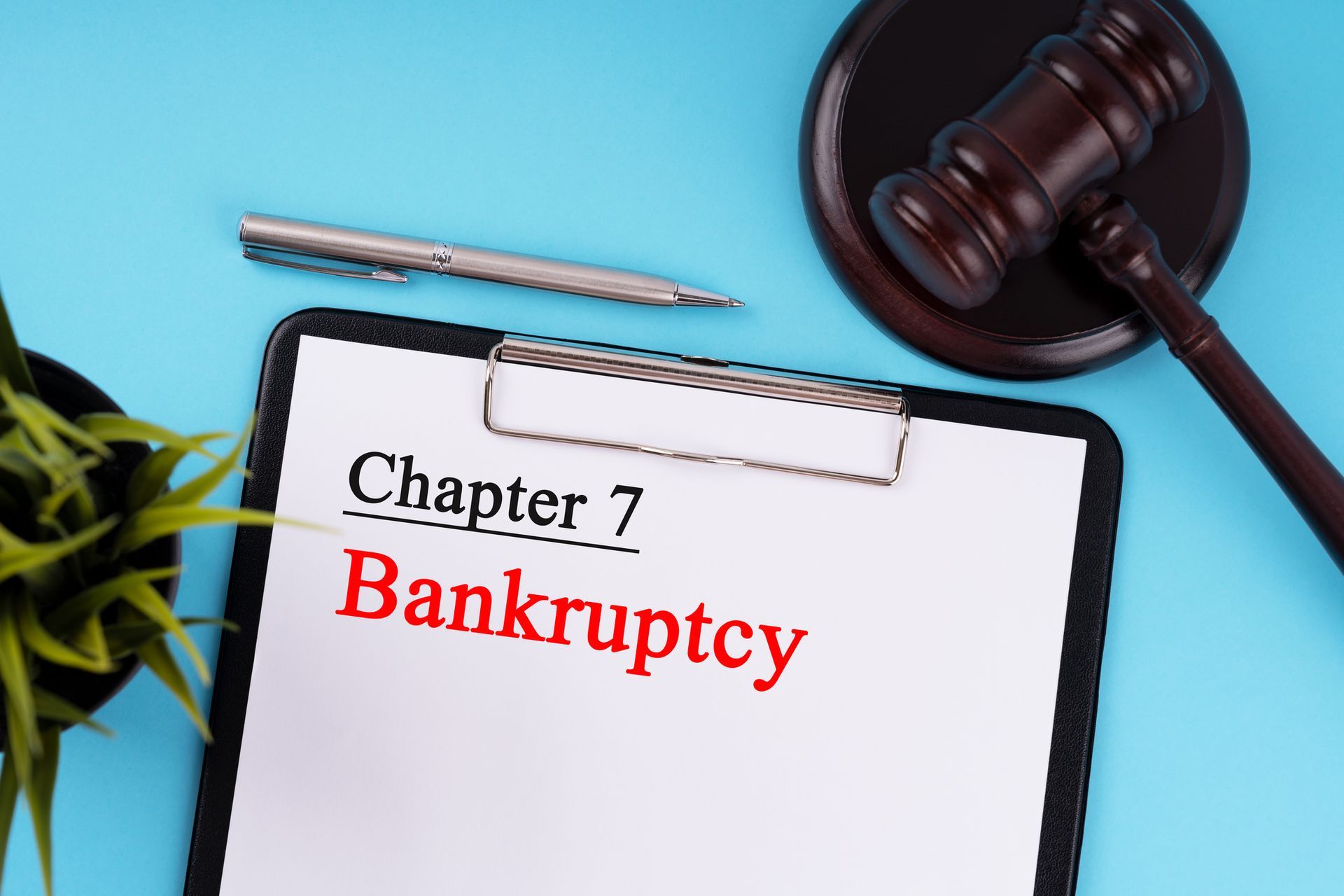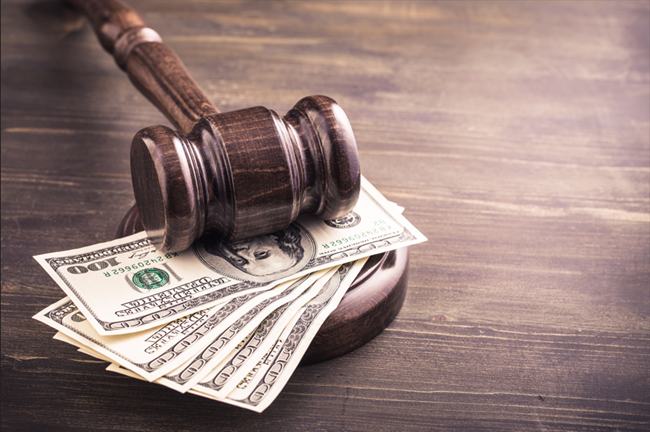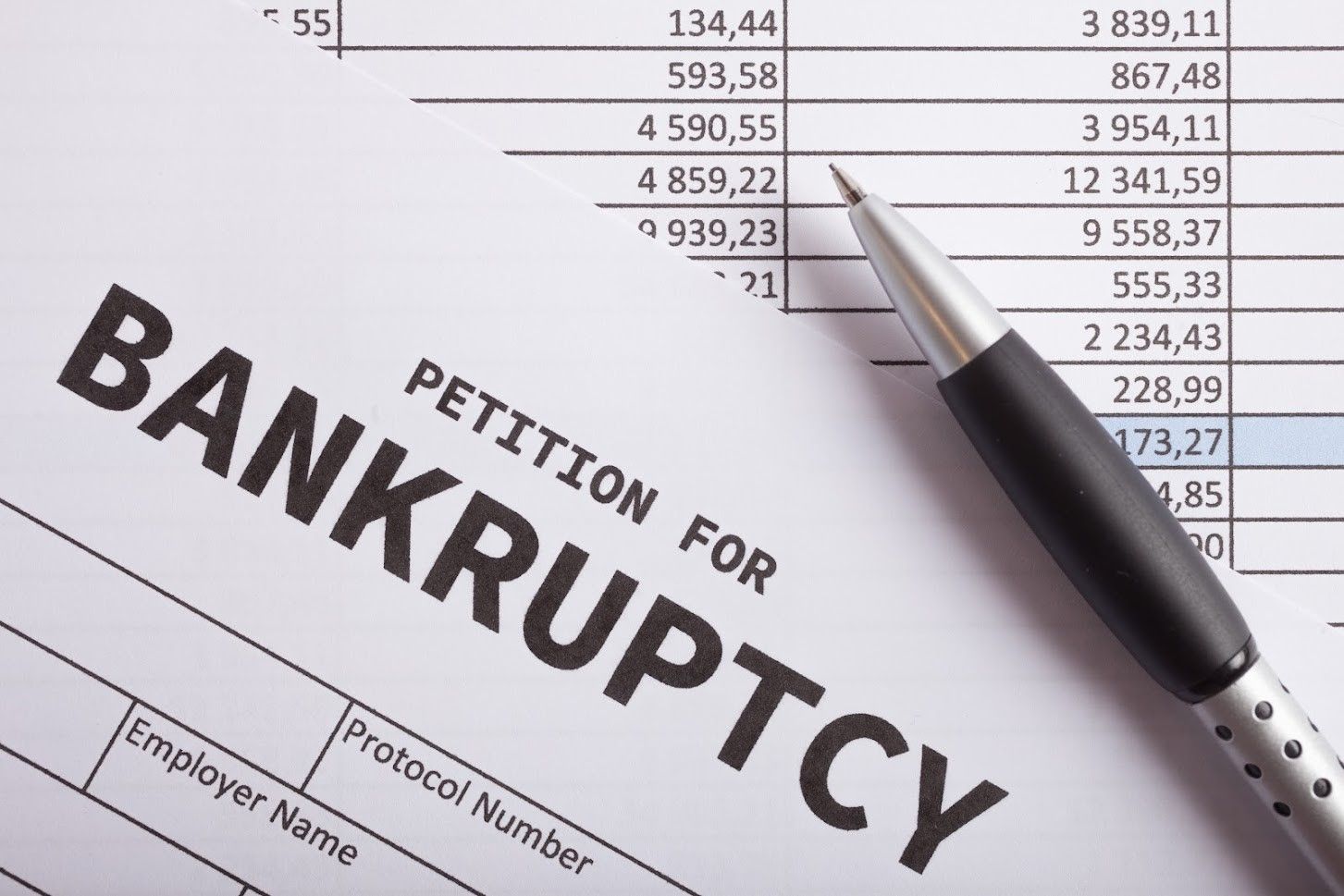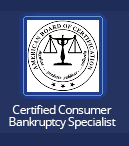5 Reasons to Choose Bankruptcy Repayment Plans Instead of Liquidation

Many people considering bankruptcy automatically envision the one-time liquidation of assets and discharge of all remaining debts. This is, in actuality, only one chapter of the bankruptcy code, known as Chapter 7. And while it is the right choice for many debtors, it's not the only choice.
Chapter 13 bankruptcy, known for its repayment plan, may be a better choice for you. Why? Discover five reasons to consider it even when it's not required.
1. You Can Keep Your Home or Car
The number one reason many people opt for Chapter 13 bankruptcy is to keep a large secured asset.
A primary home or vehicle can sometimes have protection from Chapter7 liquidation if its equity is covered by exemption rules. However, the amount of equity is limited by both federal and state rules. In Michigan, for instance, many claimants can exempt up to $40,475 of equity in a home. If you have more equity, though, your home may still be on the chopping block.
If your house or vehicles cannot have full protection from Chapter 7 liquidation and you can afford to keep paying the loans against them, Chapter 13 could allow you to keep them. This is true even if you're behind on some payments.
2. You Still Get Discharge Upon Completion
The appeal of Chapter 7 bankruptcy is its full discharge of whatever debts liquidation of assets cannot satisfy. But did you know that Chapter 13 filers also get discharge? When the agreed terms of the repayment plan are done - generally after three or five years - any remaining qualifying debts are discharged when the case closes.
3. You Get More Time
Chapter 7 bankruptcies are the most convenient for many because they can happen in as little as a few months. However, this short resolution means that everything must wrap up quickly and decisively. Chapter 13 bankruptcies take a different approach. In it, the debtor is able to assess their finances, debts, and income to figure out what might need changing for it all to work.
A repayment plan under Chapter 13 can generally be three or five years long. Business repayment plans can be much longer. The ability to reorganize debts and extend loans for more years could make your current obligations manageable. If so, you don't have to put your assets at risk. And during the open case, you still get standard creditor protections.
4. Your Debts Are Renegotiated
What if your debts are not manageable and you can't continue paying as-is for another three to five years? Chapter 13 gives you the chance to renegotiate. You may be able to secure a lower interest rate, reducing monthly payments. You might get a lower payment amount overall, particularly with more years on the term. And the total amount you owe on some loans could be reduced.
Have co-signers on any eligible debts? During the payment plan, co-borrowers often have protection from adverse actions even though you have renegotiated loan terms.
5. Your Credit Is Impacted Less
Finally, consider the effects on your credit history. Both Chapter 7 and Chapter 13 do appear as negative notes on your credit report. However, Chapter 7 bankruptcy remains on your credit for 10 years. Chapter 13 generally remains on it for seven years. This may or may not be a major decision factor depending on your future borrowing plans.
Want to learn more about when Chapter 13 could be the better choice for your bankruptcy claim? Start by meeting with Charles J Schneider PC. We will help you assess your finances, exemptions, eligible and ineligible debts, and goals to find the best chapter for your case. Call today to make an appointment.


